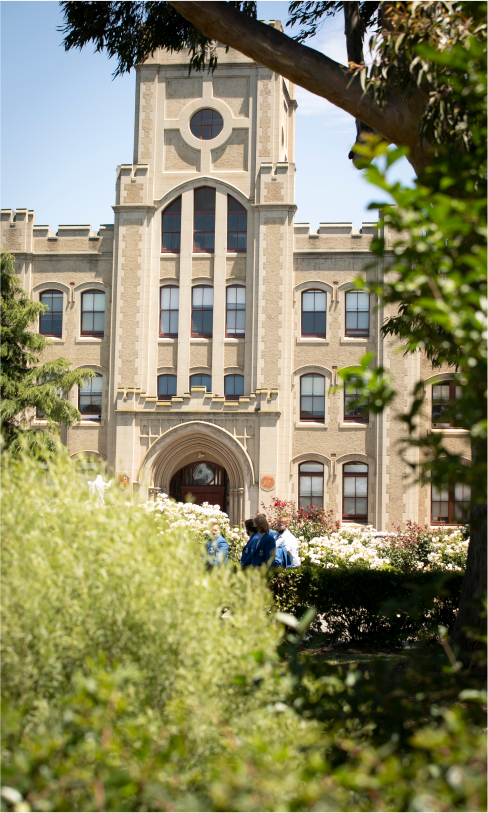Cybersafety Part 2: What is posted on the Internet remains there forever!
Once posted, it’s toasted!
Consider this true story. A teenage girl takes some photos of herself modelling and posts these photos up on her social media account for her friends to see. Some months later she is travelling on a bus and notices an advertising billboard with one of her modelling photos on it. Shocked and curious, her concerned parents contact the advertisers only to discover that a social networking site’s Terms and Conditions allow them to sell any content (text, photos, videos) posted there without their daughter’s prior knowledge or consent.
In this era of AI generated content, any text, photos or videos in the public domain will likely to be ingested into Large Language Models, to then potentially be used by others, who may have criminal intent, to personally identify individuals and/or create deep fakes of them for economic or political gain.
What about when applying for a job? Does having a social media account or signing up for online competitions matter? Absolutely! The Internet is like ‘Big Brother’, constantly gathering data about a person’s private life. It is now commonplace for employers to use Google and social networking sites, perhaps even Gen AI tools like Chat GPT, to do background checks on job applicants before deciding whether to interview them for a job.
On the Internet you may be surprised at the amount of personal information available about people – this information is not protected by privacy laws, since it has been willingly posted on the Internet each time a person adds their profile details to a social networking site, or signs up for free downloads, ringtones, or competitions.
Parents/guardians, please encourage your child to think twice about posting the following online: boasting, being crude or talking about socially negative behaviours like theft, drug use, homophobia, xenophobia or getting drunk. These character blights will form a permanent part of your child’s online curriculum vitae.
It gets scarier. Even when deactivated, a Facebook account is kept forever; officially, this is so no one else can use the same name. But once a person’s information is put out there on the Internet, it can never be taken back! It is kept on a database and can be accessed by people with sufficient authority, even if that information does not appear to be visible to the public.
What can parents/guardians do to protect themselves and their children from cyber-theft?
1. Ensure they remove any content that someone else may find valuable or which may be used to hurt or bully them in future.
2. What about deleting all photos on Facebook and then closing the account? This is not sufficient! All content will still be kept in archives and can still be indexed by Google. And if someone else has already downloaded those photos, they can still repost or do whatever they like with the photos without asking for permission or telling anyone about it.
3. When signing up for things like social networking sites, add only the minimum information. Never fill in fields that are not asterisked. Never provide a surname, or at least a real surname. Never supply a date of birth, or at least a real date of birth. Never give out a personal, work or school email address. At the very most, use a temporary email address that can easily be dumped later on. Keep your personal email address only for important correspondences, such as for family, close friends and work.
4. Students should never use their school email address for anything other than for school related activities.
Stay safe online. Be careful not to get burnt!






















